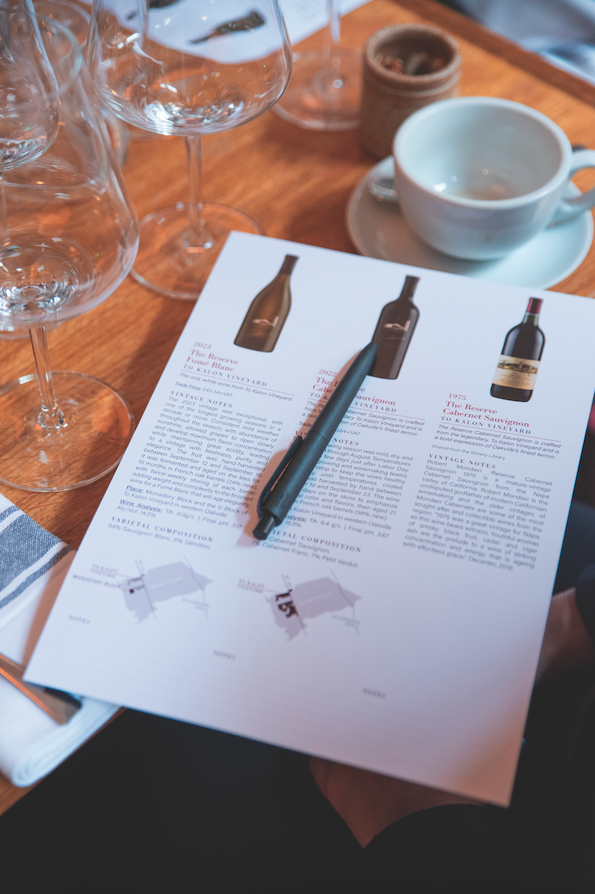Australian Vintage raises AU$15m
The country’s third largest producer, Australian Vintage, has averted an immediate financial crisis by successfully raising AU$15 million (£8m) from institutional investors.

That is three quarters of the AU$19.9 million it was seeking through a deeply discounted share offer announced on Monday.
The remainder of the new shares are being offered to existing private investors who have until early next month to decide whether to take up their allocation.
As a result of the shot in the arm from institutions, AV’s shares have resumed trading on the Australian Stock Exchange.
Lowest level
They stand at AU$0.19, more than 44% below the price at which they were suspended at the end of last month and their lowest level since July 2010.
That reflects the dilution of existing shareholders triggered by the issue of the new shares.
Without the capital raising, net debt on June 30 was likely to have been a crippling AU$70 million to AU$75 million, compared with previous expectations of AU$43 million to AU$50 million.
Australian Vintage, renowned for its McGuigan and Tempus Two brands, has also come to an in-principal agreement with National Australia Bank to extend its AU$15 million of debt capacity, which will now run until November 2026, and has negotiated an extra AU$15 million in short-term debt capacity.
More adequate
When announcing the fund-raising programme, acting chief executive Peter Perrin said the new share issue and reorganising of debt would give AV “more adequate” levels of liquidity and flexibility to work through the present tough conditions facing Australia’s producers.
They are suffering from a two billion bottle glut of wine, much of it at the AU$10 price level where much of AV’s range is pitched.
That was triggered by China’s now lifted punitive tariff barrier imposed in 2020, the global inflationary background and the fact that consumers are moving up the quality scale.
Partner Content
In the prospectus for the new shares, AV claimed that some rivals were offering wine at below production cost in a bid to generate cash flow.
Perrin says that wine sector consolidation is “logical” and AV wants to participate in that process.
Rejection
It had been in talks about merging with Accolade Wines, the second country’s largest producer but Accolade pulled out when its own bid to renegotiate its biggest contract with growers in South Australia was resoundingly rejected.
Accolade, which itself was bought out from under a debt mountain earlier this year, is believed to be in talks with Pernod Ricard about acquiring the French giant’s Australian wine interests.
Neither side has commented on those reports.
Simon Mawhinney, managing director of AV’s largest shareholder, the fund manager Allan Gray, told The Australian Financial Review “industry rationalisation was still needed either through consolidation or proactive steps to close existing surplus capacity”.
Challenging
Perrin says conditions are some of the toughest he has experienced in 40 years in the industry.
“The current cycle is proving to be one of the most challenging on record for the Australian wine industry,” he said.
The provision of the extra funding will enable AV to play a role in that process and assist in its search for a new chief executive following the abrupt sacking of Craig
Garvin last month for what was termed a “serious lack of judgement.”
Related news
Behind the label: Alto Adige and the question of language




